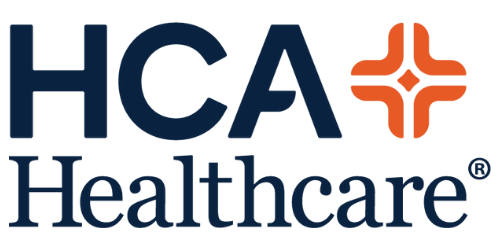
December 7, 2022 – HCA Healthcare announced that 81% of its facilities earned an “A” or “B” in the fall 2022 Leapfrog Hospital Safety Grade. This is 24 percentage points higher than the national average of 57%.
Twice a year, The Leapfrog Group assigns an “A,” “B,” “C,” “D” or “F” Safety Grade to general hospitals across the country based on how well they protect patients from preventable medical errors, accidents, injuries and infections. The Leapfrog Hospital Safety Grade utilizes national patient safety measures from the Centers for Medicare & Medicaid Services (CMS) and the Leapfrog Hospital Survey to make their assessment.
Eighty-two HCA Healthcare hospitals earned an “A.” Rose Medical Center in Denver, Colorado and St. David’s Medical Center in Austin, Texas received a “Straight A” designation for achieving an “A” grade in every update of the Hospital Safety Grade. They are among the 22 hospitals nationwide to achieve the “Straight A” designation since the ratings began in 2012.
HCA Healthcare has a long history of prioritizing and working to continually improve patient safety, including:
- Establishing a Patient Safety Organization (PSO) to improve patient safety and the quality of healthcare delivery by partnering with colleagues at HCA Healthcare facilities to build systems, refine processes and foster a culture of safety.
- Hosting the REDUCE MRSA study, with nearly 75,000 patients across 43 HCA Healthcare hospitals, which found that using antimicrobial soap and ointment to decolonize all ICU patients reduced bloodstream infections by 44% and MRSA by 37%. The CDC has since adopted this practice.
- Conducting the ABATE Infection Trial at 53 HCA Healthcare hospitals with 330,000 patients in 194 non-ICU units, which found an infection control technique achieved a 31% reduction in bloodstream infections and nearly a 40% reduction in antibiotic-resistant bacteria among non-ICU patients with central line catheters and lumbar drains.
- Developing the Sepsis Prediction and Optimization of Therapy (SPOT) tool, a system to help clinicians more quickly identify patients with sepsis.
- Reducing HCA Healthcare’s average door-to-needle-time to 34 minutes, faster than the national standard for stroke care.
